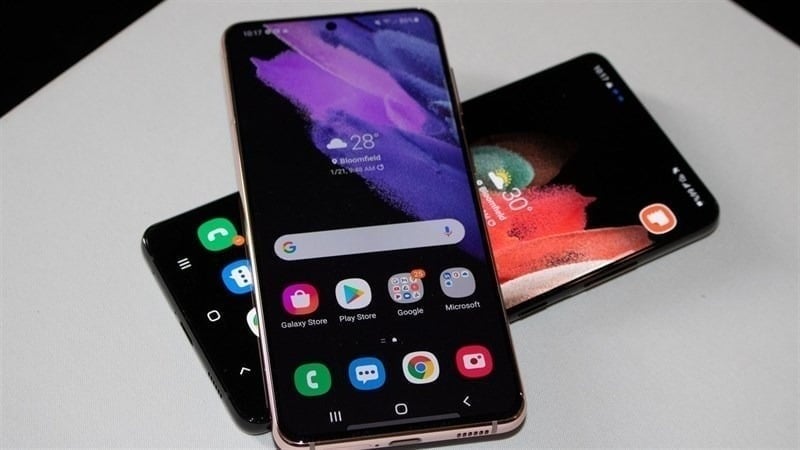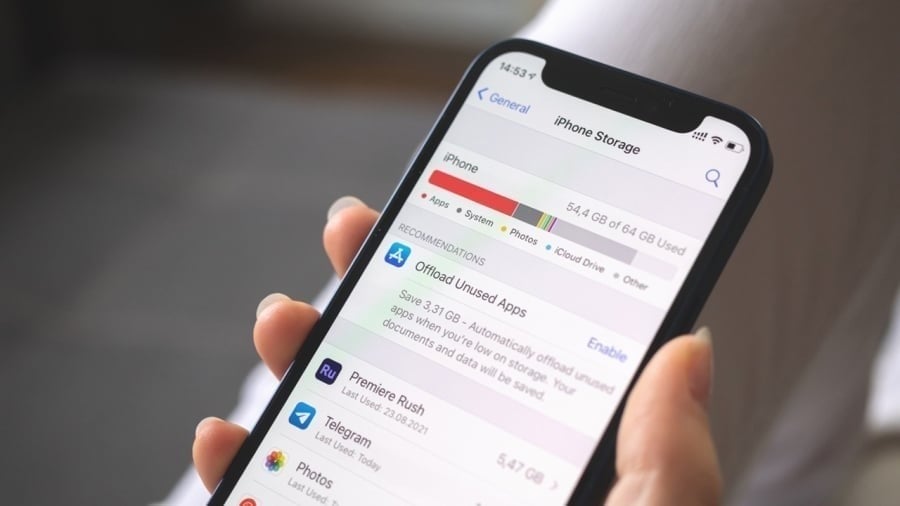Uninstall Unnecessary Apps
Having too many apps can clutter your phone’s memory and slow down its performance. Keep only the essential apps that you regularly use and remove the rest.
To free up space, delete apps that you rarely use or no longer need. This not only streamlines your device’s interface but also improves its overall performance.
Clear Cache Memory
While cache memory helps speed up access to apps, it can slow down your device if it accumulates too much data. To clear cache memory, follow these steps:
Go to your phone’s Settings. Select Storage and look for the option to clear cache data. Depending on your device, this may be labeled as “Cache Data,” “Temporary Files,” or “Clear Storage.” Run the cleaning feature to remove unnecessary data and free up storage space, optimizing your phone’s performance.

Cache memory speeds up app access, but too much of it can slow down your device.
Delete Unnecessary Files
Images, videos, documents, and downloaded files can take up a significant amount of space on your phone. To free up space, delete any unused files or back them up to the cloud.
On Android phones, the Download folder usually stores downloaded files. Checking and deleting unnecessary files from this folder can help save memory and improve your device’s performance.
Remove Old Messages and Notifications
Old messages and redundant notifications can take up a considerable amount of memory space. To free up space, delete unnecessary messages and notifications or adjust your settings to automatically remove them after a certain period.
Transfer Data to a Memory Card
If your phone supports external memory cards, move your photos, videos, and documents to the card to reduce the load on your internal memory and improve your device’s performance.

If your phone supports external memory cards, transfer media files to free up internal memory and enhance your device’s performance.
Update Your Software
Updating your software not only ensures stability but also improves performance, fixes bugs, and introduces new features. Make sure your operating system and apps are always up to date with the latest versions.
Store Data in the Cloud
If you’re reluctant to delete important files but still need to free up space, consider using cloud storage services like Google Drive, OneDrive, or Dropbox to safely back up your data.
Turn Off Unused Features
Features like Wi-Fi, Bluetooth, GPS, and NFC, when not in use, should be turned off to conserve resources and improve your device’s efficiency.
Use Memory Management Tools
In addition to built-in cleaning tools, you can also utilize third-party memory optimization apps to automatically scan and remove redundant data, ensuring efficient memory management.
By implementing these methods, you’ll be able to effectively manage your phone’s memory, improve its performance, and enhance your overall user experience.





































